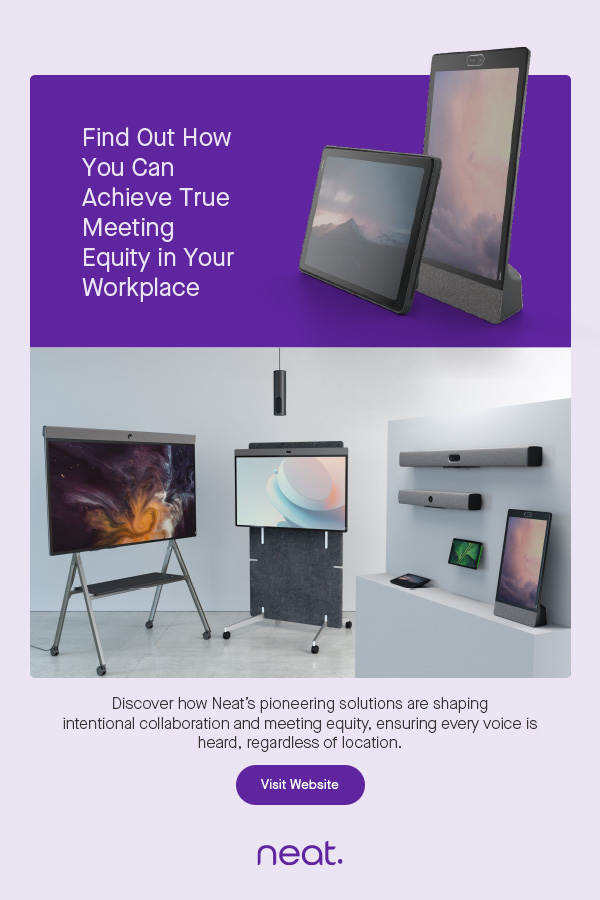The bush is getting connected. Internet usage outside Australia’s capital cities is way up, thanks largely to increased 3G and 4G mobile phone coverage.
There has been a huge jump in the use of mobile phone Internet services for the almost 40% of Australians living outside the six biggest capital cities. In communities with less than 1,000 people, one in three adults went online using their mobile phone during December 2013, compared to just one in 20 four years earlier.
Across Australia, going online on mobile phones has seen a dramatic increase. Nationally, 46% of adults used the internet on their mobiles during December 2013 compared to just ten% during December 2009.
The ACMA has released a research snapshot, Regional Australia in the digital economy, conducted in associuation with Roy Morgan research. It finds that more Australians in communities with less than 1,000 people are going online at multiple locations, with 18% of adult Internet users in these communities going online from three or more separate locations such as home, work, school, the library or a wireless hot spot as at December 2013, compared to 12% at December 2009.
And nearly half (46%) of adult Internet users in communities with less than 1,000 people went online more than once a day at December 2013 compared with 33% at June 2009 (see infographic on following page).
Across all regions, Australians are diversifying their online activities to include email, research, banking, entertainment, blogging and social networking. They are also becoming more intensive users of the Internet - nearly six in ten adult internet users in communities with less than 1,000 people undertook five or more separate activities online during December 2013 compared to three in ten during December 2009.
|
|
While regional disparities in participation levels do exist, the gap is closing in some areas. Internet users in major urban areas are only slightly behind their major capital city counterparts in levels of internet connectivity and frequency of Internet use. They are equal in terms of intensity of online participation.
Regional Australians are nearly as active online as other Australians, reflecting the increasing importance of the Internet and online service delivery in their daily lives. But regional disparities in the take-up of some services still exist. For example, there is a:
- 12 percentage point difference in the proportion of the population with a home broadband internet connection
- 17 percentage point difference in the proportion of the population using the Internet at locations outside the home
- 17 percentage point difference in the proportion of the population using the internet via their mobile phone handset.
Digital economy capabilities are developing across Australia, witnessed by the increasing frequency of Internet use and the increasing scope and variety of activities undertaken online.
Since December 2009, there has been a shift to more intensive participation online. The proportion of people using the Internet more than once a day has increased across the board by a consistent proportion. Correspondingly, the proportion of those who have never used the internet has fallen, declining by five percentage points nationally and four to seven percentage points depending on location.
As with Internet connectivity, there are some disparities in the frequency of Internet use between major capital cities and regional areas. People in major capital cities and major urban areas are more likely to use the internet more than once a day compared to those in urban and non-urban areas—64% and 59% respectively compared to 52% and 46% respectively at December 2013.
Australians are also undertaking an increasingly diverse range of activities online, with growth in most activities performed online across the regions. Entertainment activities and blogs and online community activities are driving growth in online participation. The proportion of the population undertaking these activities online across regions increased by 19 to 26 percentage points for entertainment activities, and 21 to 26 percentage points for activities relating to ‘blogs and online communities’ from December 2011 to December 2013.
The proportion of Internet users in Australia streaming content increased by between seven to 14 percentage points during the period December 2011 to December 2013, compared to much smaller increases in the proportion of the population downloading content (three to five percentage points), and in the case of major urban areas, a small decline proportionally in relation to downloading activities.
But the research shows that for some activities, consumers still prefer to use traditional devices such as computers and laptops rather than mobile phones. For example, proportionally fewer Australians undertake purchasing and bill payment activities online via mobile phones than via PCs, including laptops.
ACMA research snapshots are single-issue research blogs presenting latest research on topical issues of relevance. All the ACMA’s research publications are available at the ACMA’s website: www.acma.gov.au/researchacma












































